2018 News
November 2018
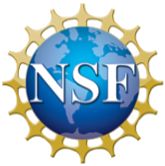
NSF solicitation: Dynamics of Integrated Socio-Environmental Systems (CNH2)
20 Nov 2018 - NSF Crosscutting CNH2: Dynamics of Integrated Socio-Environmental Systems (CNH2) Solicitation 19-528 DUE DATES Letter of Intent Deadline...

NSF solicitation: Frontier Research in Earth Sciences (FRES)
20 Nov 2018 - The FRES program will support research in Earth systems from its core through the critical zone. Full proposal target date: February 20, 2019.
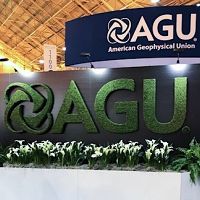
CZOs at AGU 2018
19 Nov 2018 - The 2018 AGU Fall Meeting will be held December 10-14 in Washington, D.C.
October 2018
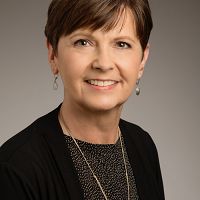
Laura Keefer named Illinois State Hydrologist
28 Oct 2018 - Laura Keefer, head of the Watershed Science Section at the Illinois State Water Survey (ISWS), has been named Illinois state hydrologist.
August 2018
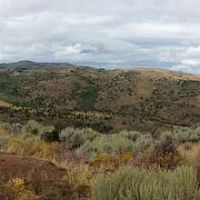
In drought and heavy rains, ecosystems function like information communication networks
29 Aug 2018 - Connectivity explains ecosystem responses to extreme events
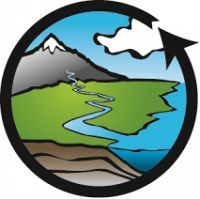
CUAHSI Instrumentation Discovery Travel Grants
23 Aug 2018 - CUAHSI is accepting proposals for the Instrumentation Discovery Travel Grant program (IDTG). Application deadline is Septemeber 30, 2018.
July 2018

Call for proposals: Research Coordination Networks (RCNs) Driving Convergent CZ Science
12 Jul 2018 - NSF Dear Colleague Letter: Research Coordination Networks (RCNs) for Driving Convergent Science in the Critical Zone
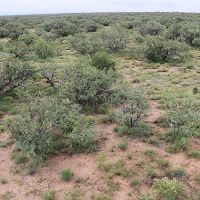
How Mesquite Trees Gain a Competitive Edge in Arid Arizona
06 Jul 2018 - A new study shows that mesquites employ hydraulic redistribution to move water between soil layers in the savannas of Santa Rita.
June 2018
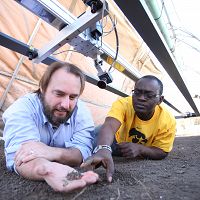
New Online Course: Where Does Eroded Soil Come From and Where Does It Go?
29 Jun 2018 - A new Illinois Extension online course is available: Where Does Eroded Soil Come From and Where Does It Go?
May 2018

NSF Discovery articles focus on the CZOs.
10 May 2018 - The Discoveries section of the National Science Foundation's website on Critical Zone Observatories (CZOs).
March 2018
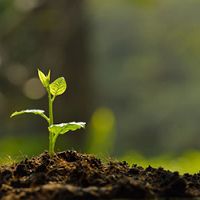
University of Iowa NSF REU Opportunity: Interdisciplinary Geospatial Approaches to Watershed Science
28 Mar 2018 - Announcing a National Science Foundation Research Experience for Undergraduates (NSF-REU) in Geography and Spatial Sciences at The University of...
February 2018
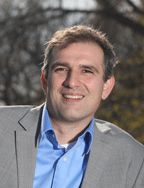
Papanicolaou receives ASCE H.A. Einstein Award
09 Feb 2018 - Professor Thanos Papanicolaou is the 2018 recipient of the Hans Albert Einstein Award from the American Society for Civil Engineers (ASCE).
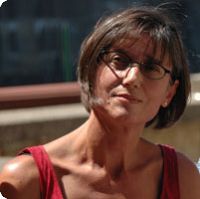
Foufoula-Georgiou elected to National Academy of Engineering
09 Feb 2018 - Prof. Efi Foufoula-Georgiou, civil & environmental engineering at University of California-Irvine was elected to the National Academy of Engineering.
January 2018
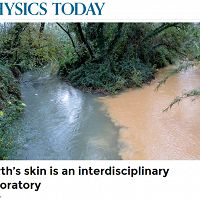
Earth’s skin is an interdisciplinary laboratory
29 Jan 2018 - In the January 2018 issue of Physics Today, writer Toni Feder explores the scope of CZ research in the article, “Earth’s skin is an...
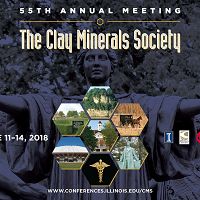
CZ session at 55th Annual Meeting of The Clay Minerals Society
22 Jan 2018 - Submit an abstract to the session "Intensively Managed Clays in the Critical Zone" at the 55th Annual Meeting of The Clay Minerals Society.
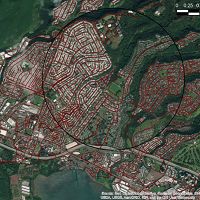
Urban Sewers Evolve Similarly to River Networks
10 Jan 2018 - Like river systems, engineered drainage networks become increasingly fractal as they grow.
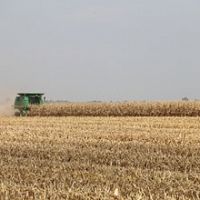
Water Resources Research: Call for Papers on Dynamics in Intensively Managed Landscapes
02 Jan 2018 - Call for papers for “Dynamics in Intensively Managed Landscapes: Water, Sediment, Nutrient, Carbon, and Ecohydrology”
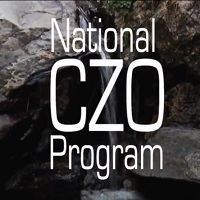
White paper of 2017 CZ Science Meeting in Arlington, VA
01 Jan 2018 - New Opportunities for Critical Zone Science Following the June 2017 Arlington Meeting for Critical Zone Science (hosted by CZO), a white booklet...
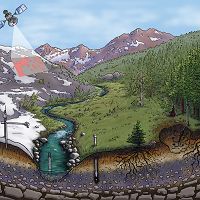
Undergraduate course curriculum, “Introduction to Critical Zone Science,” available free online
01 Jan 2018 - A 15-week semester-long upper-level undergraduate course curriculum entitled “Introduction to Critical Zone Science” is now available free online.
Browse News - By Category
Browse News - By Discipline Tag
Explore Further
